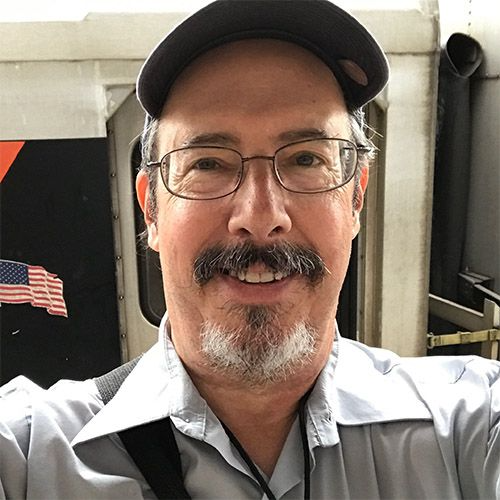A letter from the Federal Highway Administration ordered New York City to shut down its congestion pricing program by March 21 after federal approval was pulled last month.
A Rutgers University Law School professor said New Jersey could speed that up by going to court and asking a federal judge to order a more immediate end to the program. That would spare drivers from paying the $9 toll to enter Manhattan south of 60th Street for another 19 days.
In a terse Feb. 20 letter to New York transportation officials, the Federal Highway Administration said the decision to pull the approvals that allowed congestion pricing takes effect on March 21. That means collection of the $9 toll has to be stopped by that date.
Congestion pricing, which was made a New York state law in 2019, was created to help reduce traffic, crashes and air pollution in Manhattan and raise $1 billion annually for subway, bus and commuter rail projects. It is the first such program in the nation.
New York officials filed suit in federal court on Feb. 19, the same day U.S. Transportation Secretary Sean Duffy rescinded a November Federal Highway Administration approval that allowed congestion pricing to start on Jan. 5.
New York Governor Kathy Hochul and MTA officials said last week they do not intend to halt toll collection on that date, or any other date, without a court order.
“Our position is clear: this is not a lawful order,” said John J. McCarthy, MTA Chief, Policy and External Relations. ”We have already filed a lawsuit and now it’s up to the courts to decide.”
Meanwhile, the New York City based Rider Alliance announced Tuesday it also sued the USDOT over it’s congestion pricing decision.
“A vengeful federal government now leaves us no choice but to go to court,” said Betsy Plum, Riders Alliance Executive Director.
New Jersey could hasten the end of congestion pricing by going to court, said Kathryn Kovacs, a Rutgers Law School professor.
“New Jersey could sue to force New York to comply with this letter from the Federal Highway Administration,” she said.
While such an action could be probably be consolidated with New York’s Feb. 19 suit, Kovacs said New Jersey’s best tactic would be to go to the judge in the New York case and ask for injunction or go to federal court in New Jersey and file another suit.
The MTA’s case was assigned to Federal Court Judge Lewis J. Liman on Feb. 20. In December, Liman upheld congestion pricing and ruled against lawsuits that sought to delay its start.
Gov. Phil Murphy’s office declined to comment about what the state planned to do.
The MTA’s lawsuit has put New Jersey’s Jan. 28 appeal — which challenged the Federal Highway Administration’s approvals for congestion pricing — on hold until the challenge to Duffy’s decision is heard.
If the federal government stop defending the original decision to approve congestion pricing in court, New York would likely step in to defend the decision, Kovacs said.
The federal decision to rescind the approvals for congestion pricing said, “except for limited exceptions allowed by Congress, highways constructed with federal-aid highway funds cannot be tolled.”
But experts weren’t sure that would be enough to if that could provide a loophole for the MTA to use. The Queens Midtown Tunnel connects to an I-495 and the Brooklyn bridge connects to I-278 which are outside the Manhattan congestion zone.
“My experience with government professionals is that they tend to shy away from looking for loopholes and gimmicks to get around mandates and laws,” said Matthew Hale, a political science assistant professor from Seton Hall University. “So even if technically the connection to a specific federal highway like I-495 might work, the government professionals would argue against it.”
Politics is another matter, he said.
“If New York politicians really want to stick the Federal Highway Administration and New Jersey consumers in the eye, they might be willing to give it a shot,” Hale said. “But the intent of the letter seems to be to stop collecting tolls in the CPDTP by March 21”.

Stories by Larry Higgs
Our journalism needs your support. Please subscribe today to NJ.com.
Larry Higgs may be reached at lhiggs@njadvancemedia.com. Follow him on X @CommutingLarry
